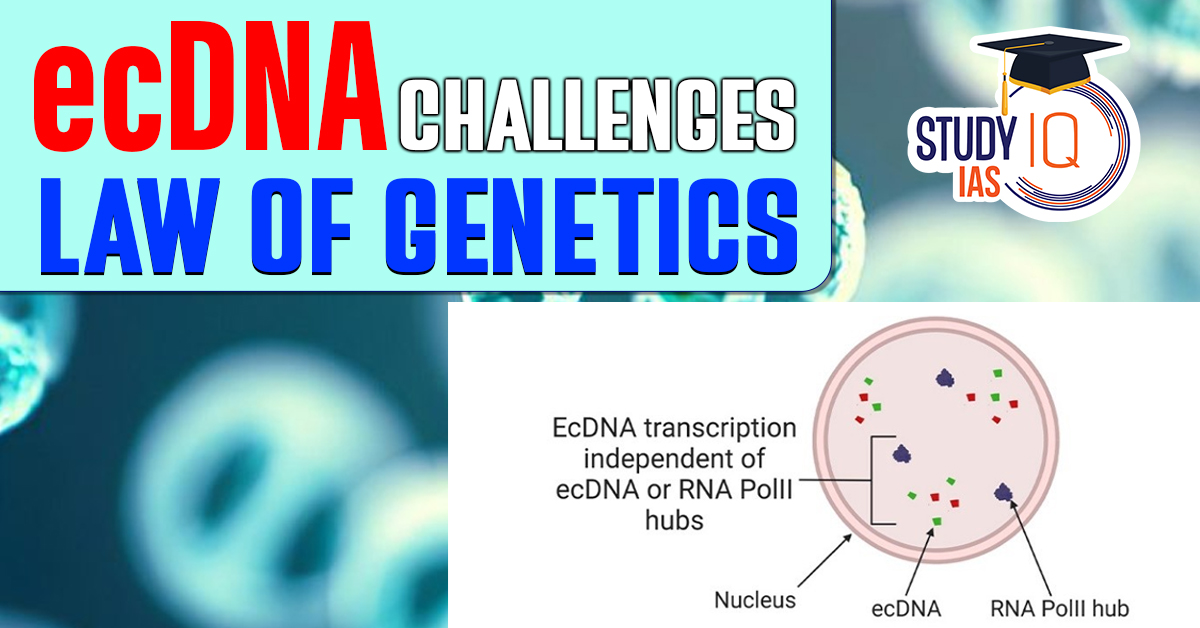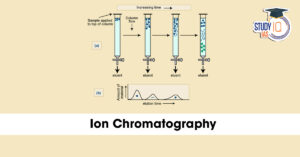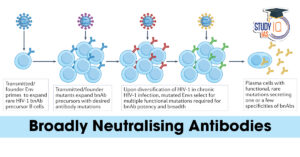Table of Contents
Scientists have discovered a weakness in cancer cells with ecDNA. By targeting a specific protein (CHK1) involved in DNA repair, they can selectively kill these cancer cells. This could lead to new, more effective treatments for certain types of cancer.
Extrachromosomal DNA (ecDNA)
- ecDNA are small circular DNA fragments that float freely in the nucleus, separate from chromosomes.
- Genesis: Formed due to DNA damage (e.g., chromothripsis) or errors during DNA replication.
- Role of ecDNA in Cancer:
- Found in up to 90% of certain tumour types, including brain tumours, liposarcomas, and breast cancers.
- ecDNA often contains multiple oncogenes, promoting tumour growth and drug resistance.
- Oncogenes are mutated genes capable of causing cancer that are required to activate tumour growth.
Why is ecDNA a problem?
- Cancer Growth: ecDNA can carry multiple copies of cancer-causing genes, making tumors grow faster and become more aggressive.
- Drug Resistance: Cancer cells with ecDNA can evolve more quickly, making them resistant to treatments.
Extrachromosomal DNA (ecDNA) in Cancer
Extrachromosomal DNA (ecDNA) plays a significant role in cancer biology due to its unique properties and functions:
Key Roles of ecDNA in Cancer
- Gene Amplification: ecDNA often carries oncogenes, such as MYC or EGFR, enabling their amplification beyond chromosomal control. This overexpression drives tumor growth and malignancy.
- Heterogeneity and Evolution: ecDNA replicates independently, contributing to genetic variability within tumors. This dynamic nature allows tumors to adapt rapidly to environmental pressures, such as drug treatments.
- Resistance to Therapy: Cancer cells with ecDNA can exhibit resistance to chemotherapy and targeted treatments due to amplified drug-resistance genes or adaptive mutations.
- Increased Oncogenic Potential: ecDNA lacks the regulatory constraints of chromosomal DNA, resulting in the unregulated activity of genes that promote cell proliferation and survival.
- Biomarker Potential: The detection of ecDNA in circulating tumor DNA offers promise as a diagnostic tool for identifying cancers and monitoring treatment response.
Clinical and Research Implications
- Diagnostics: Liquid biopsy techniques are being developed to detect ecDNA as a non-invasive cancer diagnostic marker.
- Therapeutics: Strategies targeting ecDNA replication or stability are under exploration to combat drug resistance and tumor progression.


 Advanced Air Defence Radars: Types, Comp...
Advanced Air Defence Radars: Types, Comp...
 Ion Chromatography, Working and Applicat...
Ion Chromatography, Working and Applicat...
 Broadly Neutralising Antibodies (bNAbs):...
Broadly Neutralising Antibodies (bNAbs):...

























